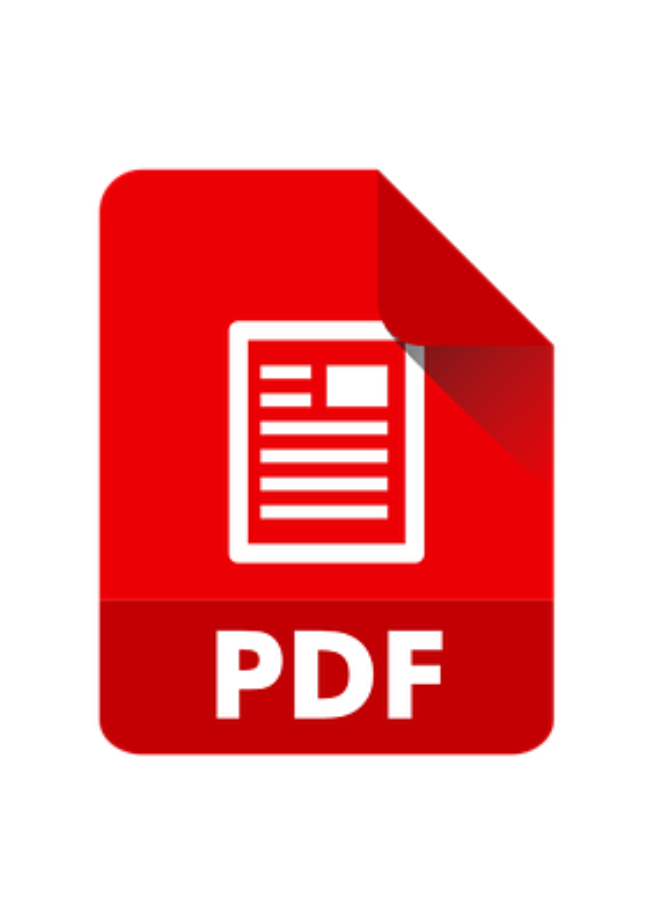The selling of a property is a momentary phenomenon fraught with anxiety and one in which collecting and sorting necessary papers for the transaction is a big one.
So, if it so happens that you are worried or swamped with paperwork when you sell your property because of the stacks of paper you had to go over when you bought it, take comfort in knowing that the specifications for sellers are minimal.
However, taking the time to acquire some supporting documentation can make your archive more comprehensive, which will come in helpful during tax season.
Affiliation Contract
You and your broker form a business connection because the agreement requires your broker to put your needs ahead of his own and provide a greater quality of service than he is expected to provide to customers with whom he does not have a working relationship.
For instance, your agent must keep discreetly anything about your economic state and purpose for selling your house that could impact your capacity to bargain.
Declaration of Partnership with Certain
Organizations that offer products connected to home purchasing and selling are frequently associated with property investment brokers. Therefore, your broker is obliged to notify you that such arrangements exist and that you are not mandated to buy the offerings of these partners.
A good illustration of this is that of a realtor that has a relationship with a legal firm but cannot compel you to choose one of their attorneys to accompany you at finalization.
Publishing Agreement
The listing contract is a document that authorizes a brokerage to advertise your property for sale in lieu of your guarantee to compensate for a royalty fee when it sells. The arrangement is usually private, which means you commit to paying the charge irrespective of who finds the client. The advertising agreement also covers displaying the home to possible purchasers and publicizing your property to other brokers and prospective investors.
Owner’s Information
Most jurisdictions mandate vendors to reveal known flaws in their homes and deficiencies that are easily visible during a routine examination. The asset disclosure statement assists you in making these disclosures by asking specific questions regarding any issues you’ve had with your building’s infrastructure and the efforts you’ve made to rectify the situation. It might also inquire about any upgrades you’ve made and if you acquired licenses and had your work examined.
Following the Deal
Once your consumer debt and closure fees are deducted from the price, a vendor’s cumulative sheet informs you how much income you will earn from the transaction.
Also, when you approve a consumer’s tender, you will enter into a sales agreement and your commitment to the customer in the contract. It specifies the sales price, assessment and funding restrictions, deadline, and caveats, which must be met for the sale to go through.
The closing remark, commonly known as a HUD declaration, is another document you will require before finalizing. The HUD sheet lists all the closing costs and reward points and allocates them to the buyer or the seller.
Recommendations For Provision of Extra Documents
Duplicates of invoices, certificates, and maintenance records for your property and gadgets can assist prospective buyers to assess the status of your home and the attention you’ve given it. The buying price and the expense of various upgrades are subtracted from the purchase price to calculate your investment income, which is calculated by deducting the benchmark, or sales price, from the retail price. You may lower your taxable income by lowering your investment income.
What Documents Do I Need to Sell My House?